The U.S. Supreme Court has ended a years-long legal battle over the Java API code in Android operating systems: in Google v. Oracle, the U.S. court ruled in Google’s favor – and with important case law on code copyright. The Java API code falls under fair use, the court ruled.
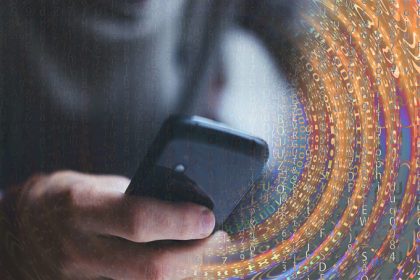
The case of Google vs. Oracle (GOOGLE LLC v. ORACLE AMERICA, INC., No. 18-956) over the copying of more than 11,000 lines of code was settled yesterday by the US Supreme Court after years of litigation.
In 2010, Oracle had sued Google for copyright infringement, accusing Google of using unauthorized copied computer code in its Android operating system. Google had infringed its copyright by copying both the literal declaration code and the non-literary organizational structure (SSO) of the API for 37 packages.
By the way, this Java API from Oracle is not only used by Google, but widely by programmers.
Complex and protracted litigation
What followed was a complex and protracted legal battle in the U.S. courts. Google filed a petition for a writ of certiorari in this litigation with the Supreme Court back in 2015 to have the Federal Circuit’s decision on the copyrightability of Oracle’s Java API code reviewed, but was denied at the time. Now, however, Google filed this petition again – and successfully.
The two questions before the U.S. Supreme Court were whether the use of Oracle’s Java API code infringes Oracle’s copyright – and if so, whether this falls under the fair use rules and therefore does not constitute copyright infringement.
To be clear: whether code is copyrightable, this question was explicitly not decided by the Supreme Court in yesterday’s ruling, but instead the question of fair use for Oracle’s Java API code.
Use of Java API code from Oracle: Fair Use?
The principle of fair use is a part of the current U.S. Copyright Act, which in any case cannot clearly serve to protect code. This is because, for one thing, the Act provides that copyright protection shall not, in particular, extend to “an idea, method, process, system, method of operation, concept, principle, or discovery …” ( 17 U. S. C. §102(b)).
In addition, the statute provides that a copyright owner may not prevent another person from using a copyrighted work as a ‘fair use‘ ( 17 U. S. Code § 107).
The fact that computer programs are primarily functional makes it difficult to apply traditional copyright law concepts to this technology, the Supreme Court explained in its decision yesterday. The “fair use” doctrine is flexible and accommodates changes in technology, it said. It also provides control, the court elaborated, to keep the copyright monopoly for computer programs within its rightful boundaries.
US Supreme Court: Java API code falls under fair use
The U.S. Supreme Court ruled that Google’s copying of the API to reimplement a user interface constitutes fair use of that code material. In doing so, the Supreme Court overturned the lower court’s decision that Google had violated copyright law.
Applying the principles of the Court’s precedents and Congress’s codification of the fair use doctrine to the clear copyrighted work does not permit a different conclusion. The Supreme Court emphasized that Google used only the code needed to provide users with a new and transformative program. This is an important finding in that the purpose and character of the use must be considered when assessing fair use.
Finally, the court also specifically emphasized that this ruling does not overrule its previous fair use jurisprudence.
No unanimous decision of the Supreme Court
The ruling was not a unanimous decision of the Supreme Court. In particular, Justice Clarence Thomas distanced himself from the ruling and also elaborated on his criticisms: the copying by Google was substantial, both qualitatively and quantitatively. Moreover, three of the four statutory fair use factors pointed against Google, according to Justice Thomas.
These four factors are: the purpose and character of the use; the nature of the copyrighted work; the quantity/scope and substantiality of the portion used in relation to the copyrighted work; and the effect of the use on the potential market.
However, it is precisely “the market” that may have played an important role in the ruling: allowing Oracle’s copyright to be enforced here would have meant consequences for worldwide programming – even beyond Google and Android. In addition, a judgment against Google would have triggered an economic quake anyway: Android is now used in an estimated 70% of all smartphones worldwide, and the damages could have run into the billions.
Are you looking for help in protecting or defending copyright or a patent?
Our attorneys have many years of expertise in patent and copyright law as well as in the entire field of intellectual property and are authorized to represent you before any court – in Germany and also internationally.
Please feel free to contact us if you are interested.
Sources:
Judgement of US Supreme Court: Google vs. Oracle
Image:
geralt | pixabay | CCO License mit Pexels | pixabay | CCO License



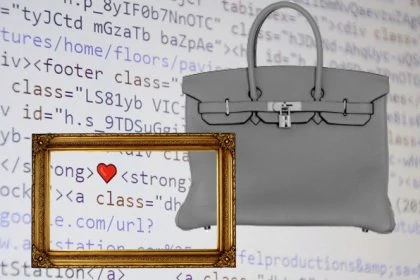
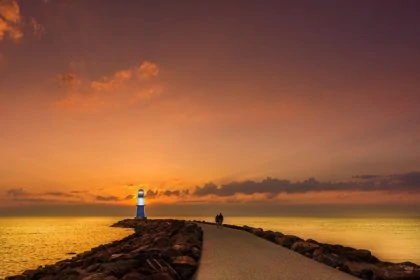
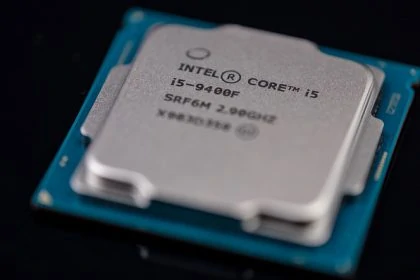
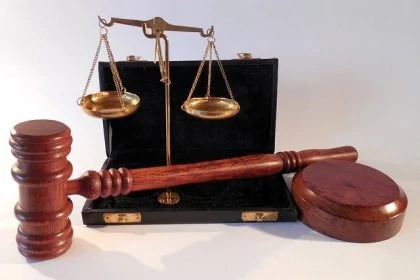
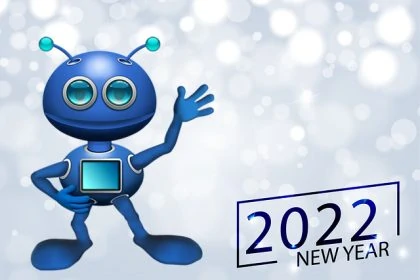
Leave a Reply